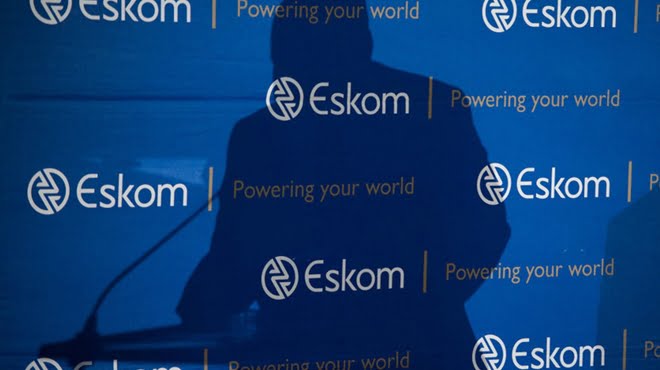Eskom will face severe challenges in replacing its older electricity plants because traditional financing institutions have indicated they will no longer fund new coal power stations.
Eskom chief executive Phakamani Hadebe yesterday (tue) told the National Utility Week and PowerGen Africa conference in Cape Town that local and international financiers had voiced their concerns about funding new coal-fire powered stations for environmental reasons as the world was moving towards renewable energy,
Hadebe said large investment decisions would need to be made on the decommissioning of ageing power stations and at least 1 500 gigawatts that would be required to provide energy for the growing economy.
Hadebe said regional cooperations such as the Southern African Power Pool agreement that assisted South Africa after cyclone Idai interrupted supply from Cahora Bassa line in Mozambique could be key to the future of energy security.
“If we didn’t get this power we would have been in big trouble,” he said.
“A much more integrated regional power grid needed to be created, and a more conducive environment was required to be able to attract development finance institutions to finance new energy infrastructure.”
Energy Minister Jeff Radebe said the financing of infrastructure was becoming an uphill battle for emerging economies especially given the impact of the stand-off on trade between China and the US.
“We intend to find ways to increase financing for energy infrastructure,” said Radebe.
“Eskom alone cannot meet our power capacity requirements, because we estimate that the capacity extension under the IRP (Integrated Resource Plan) will cost in excess of R1 trillion in the period up to 2030, including the new power plants plus the required transmission and distribution infrastructure.”
Radebe said South Africa’s coal reserves and relatively low price of coal, however, could not be ignored.
He said carbon capture and storage, underground coal gasification, coal to liquids and other clean coal technologies would enable the country to continue using its coal resources in an environmentally responsible way.
“We need to arrest the steady decline in economic activity coupled with rising electricity tariffs that has tended to put Eskom in an untenable situation, characterised by increasing debt and increasing tariffs,” Radebe said. “We need to address these issues so as to build infrastructure timeously.”
Electricity tariffs had risen sharply in the past few years due to capital investment in the power sector, and the extent to which tariffs could continue to rise as they had in the past, was now constrained by affordability, competitiveness and economic impact, he said.
Some recent regional projects planned outside South Africa included various interconnecting transmission grids, hydropower, gas, thermal, wind and solar power projects, said Radebe,
He said the various bidding rounds of the Renewable Energy Independent Power Producer programme had attracted more than R250 billion in investment to date.
Energy Ministers in SADC had also indicated that a regional Gas Master Plan was needed, given the recent gas discoveries in the region.
